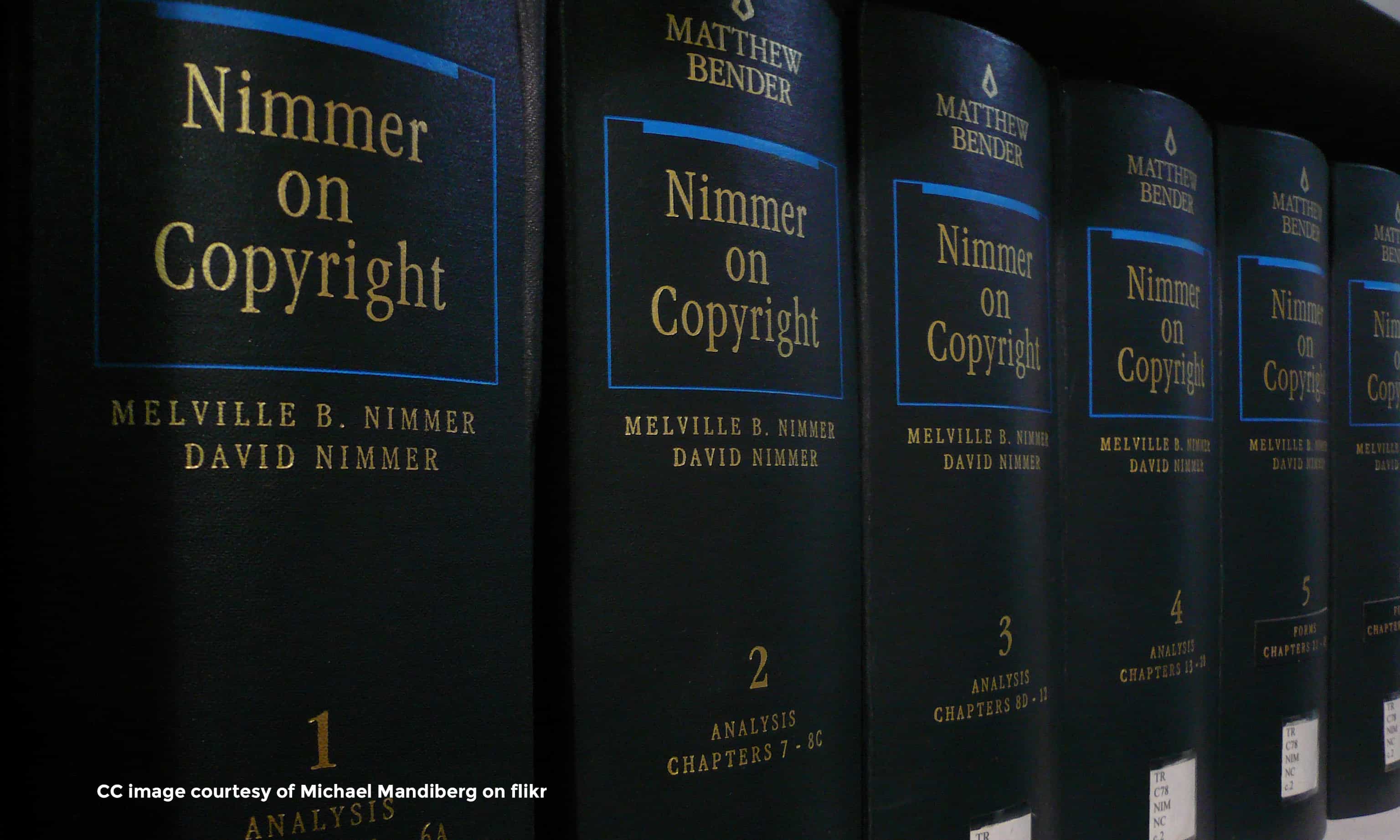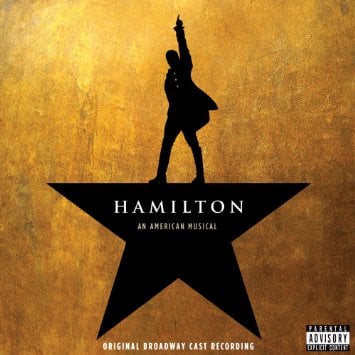What YOU Should Know About Music Publishing, with Sean Flahaven of Warner/Chappell Music

Downloading sheet music to play instantly is easy as can be, right? Did you know that before a song makes its way to the huge Musicnotes.com catalogue, joining more than 300,000 other instantly available works, it first takes a journey through a legal process, a proofing process and a technological process? Today, we’re going to focus on the legal part of sheet music publishing with our first-ever Ask a Music Publisher post, with guest expert Sean Flahaven of Warner/Chappell Music.
In addition to writing and performing music, there are so many other musical fields that allow you and I to enjoy playing the songs we love. In the most simplistic sense, music publishers are responsible for making sure songwriters and composers are compensated when their work is used. The compensation, called a royalty, is passed to the publishers by people using copyrighted material, who in turn ensure the original creators are paid. For example, when you purchase a piece of sheet music at Musicnotes.com, a portion of your purchase goes to the copyright holder of the song (the publisher), who then administers payment to the songwriters/artists.
Sean Flahaven, Senior VP of Theatre and Catalog Development for Warner/Chappell Music (the publishing arm of Warner Music Group), oversees the rights to song catalogs by some of Broadway’s biggest players. From Claude-Michel Schönberg to Kristen Anderson-Lopez and Robert Lopez to this year’s Tony Awards ‘Hamilton’ powerhouse Lin-Manuel Miranda, Flahaven’s team ensures that every time one of his artists’ songs is broadcast, streamed, performed professionally or, yes,purchased as sheet music, they are legally compensated.
Flahaven graciously took time out of his busy schedule (he also composes and produces) to answer a few questions about the music publishing industry, what YOU as an artist should know about your intellectual property rights and how one pursues a career on the ‘business’ side of music.
Musicnotes: You have a degree in music, and have written, composed and produced a very impressive body of musical works. Did you always know you wanted to work on the ‘business’ side of music as well? How did you begin your career in music publishing?
SF: After getting my MFA in Musical Theatre Writing at NYU-Tisch, I worked as a freelance music director/conductor, arranger/orchestrator, and music copyist/assistant for terrific composers for 5 years. Then I became interested in the business side and got another MFA in Performing Arts Management at Brooklyn College, and worked as a producer, managing director, and general manager for several Broadway and off-Broadway companies and theatre licensing agencies for 7 years. So when I was offered the job at Warner/Chappell, it allowed me to combine my knowledge of music and business as well as my relationships with songwriters. I’ve been at Warner/Chappell for 8 years.

Musicnotes: Would you be able to describe what your work at Warner, in particular, entails?
SF: I run theatre and catalog for Warner/Chappell, the global music publishing arm of Warner Music Group. I handle A&R (artists & repertoire) for many Broadway theatre songwriters, including Stephen Sondheim, Alain Boublil & Claude-Michel Schonberg, Tom Kitt & Brian Yorkey, Bobby Lopez & Kristen Anderson-Lopez, Lin-Manuel Miranda, Marc Shaiman & Scott Wittman. I also work with our catalog writers and estates, including the majority of the Great American Songbook standards: the Gershwins, Lerner & Loewe, Mercer, Porter, Styne, Weill, and many more. In addition, I oversee our theatre licensing and producing activities and liaise with our print/sheet music partners.
Musicnotes: What other types of careers are there in music publishing? What roles are required to run a top music publishing agency?
SF: There are many career paths: A&R; mechanical, synch, and digital licensing; legal; administration; finance; etc. A successful music publisher has to both accurately collect royalties and also proactively promote its songwriters’ works.
Musicnotes: From your perspective as both a publishing executive and accomplished musician, what is the most important function of music publishing?
SF: The most important function is to serve the songwriter: listen, advocate, and negotiate on their behalf. You have to remember that they’re the ones facing the blank page. Having a vocabulary to discuss their work with them and with others is paramount.
[blockquote source=”Sean Flahaven, Warner/Chappell Music”]I think any creative artist should have a basic understanding of copyright.[/blockquote]
Musicnotes: Along those same lines, how familiar should the everyday amateur musician be with copyright law? How does it apply when purchasing/playing sheet music?
SF: I think any creative artist should have a basic understanding of copyright. But it’s the publisher’s job to make sure their work is disseminated in various forms, accurately reflecting their intention, and made available for sale. For amateur musicians who play others’ music, keep in mind that the songwriters are trying to make a living and realize their dreams as well.
Musicnotes: In addition to being an executive at a major publisher, you’re also a successful composer, orchestrator, conductor and producer. How do you balance the executive work at Warner with your creative work of composing, producing, etc.?
SF: Obviously, my first priority is serving the songwriters I represent at Warner/Chappell. I do write occasionally and produce albums, though it’s often difficult to find the time as a parent of two young boys.
[blockquote source=”Sean Flahaven, Warner/Chappell Music”]I think the most common misconception, particularly outside the music business, is that music publishing is only sheet music.[/blockquote]
Musicnotes: Is there anything you think people would find surprising about music publishing?
SF: I think the most common misconception, particularly outside the music business, is that music publishing is only sheet music. That’s still part of it, of course—especially for theatre and standards—but it’s also about recordings, film/TV/advertising/video games, concerts, and digital—any way that music is consumed.
Musicnotes: Copyright protection begins upon creation, but how soon do you recommend one should officially register their copyrights?
SF: In order to be copyrighted, the work must be “fixed in a tangible medium of expression,” meaning written down or recorded. So I would recommend registering the copyright before the work is distributed to the public.
Musicnotes: You’re on the board of the Music Publishers Association (MPA)? What is the major role of the MPA?
SF: The MPA is the oldest music trade organization in the US, and its mission is to advocate for and protect the interests of songwriters and music publishers, i.e. copyright, focusing on the print/sheet music and concert worlds. This includes music education and anti-piracy efforts.
Musicnotes: Congratulations on your Grammy award for the Hamilton Broadway Cast Album! The musical also won a Pulitzer Prize and has been nominated for a record-setting 16 Tony Awards. Can you describe the creative process and what is was like working as producer on the project?
SF: Thank you! It’s been quite a year, though my work on the project goes back about 4 years now. The writer, Lin-Manuel Miranda, originally thought it would be a concept album, then it became a stage musical—which is not surprising, given his multi-award-winning prior Broadway hit, In The Heights.
Atlantic Records, one of Warner’s major labels, came on board for the Hamilton cast album and facilitated Questlove and Black Thought from The Roots producing with Alex Lacamoire, Bill Sherman, and Lin. It was a longer-than-usual process of recording, but the results have been very gratifying. And the show is a juggernaut unlike anything in my 20 years on Broadway. I’m very fortunate that Lin chose to work with us.
[divider type=”thin” spacing=”10″]
Musicnotes would like to extend a huge ‘thank you’ to Sean Flahaven and all of our friends at Warner/Chappell Music. We’re proud of our great relationships with music publishers of all sizes and genres, and we’re honored to work with them to promote the fair, legal and accessible enjoyment of music by all!

